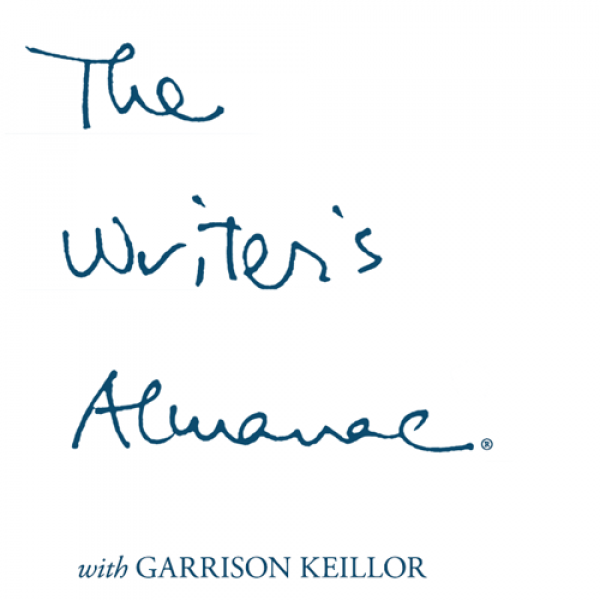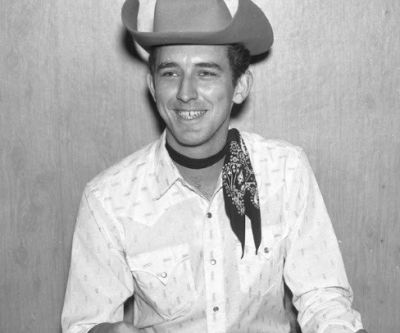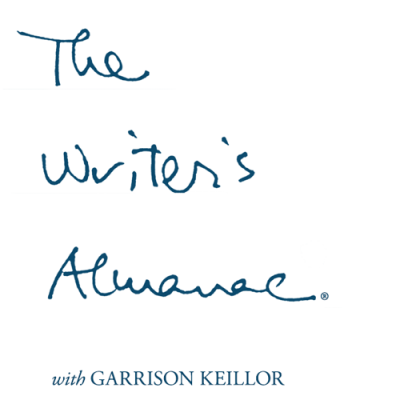December 20, 2018
Tuesday
8:00 p.m.
Minneapolis, MN
Test schedule
A live performance with Robin and Linda Williams at the Cedar Cultural Center
May 20, 2018
Sunday
3:00 p.m.
Lexington, MA
Lexington, MA
A live performance at the Saenger Theatre
April 10, 2018
Tuesday
8:00 p.m.
Tulsa, OK
Tulsa, OK
A live performance at the Brady Theater
March 17, 2018
Saturday
8:00 p.m.
Long Beach, CA
Long Beach, CA
A live performance at the Carpenter Performing Arts Center
March 15, 2018
Thursday
7:00 p.m.
Mobile, AL
Mobile, AL
A live performance at the Saenger Theatre
“The Sweetest Woman There” by John Clare. Public domain. (buy now)
From bank to bank the water roars Like thunder in a storm
A Sea in sight of both the shores Creating no alarm
The water-birds above the flood Fly o’er the foam and
spray
And nature wears a gloomy hood On this October day
And there I saw a bonny maid That proved my heart’s
delight
All day she was a Goddess made An angel fair at night
We loved and in each other’s power Felt nothing to
condemn
I was the leaf and she the flower And both grew on one stem
I loved her lip her cheek her eye She cheered my
midnight gloom
A bonny rose ‘neath God’s own sky In one perrenial
bloom
She lives ‘mid pastures evergreen And meadows ever
fair
Each winter spring and summer scene The sweetest
woman there
She lives among the meadow floods That foams and
roars away
While fading hedgerows distant woods Fade off to
naked spray
She lives to cherish and delight All nature with her face
She brought me joy morn noon and night In that low
lonely place
It’s the birthday of Nigerian playwright Wole Soyinka, (books by this author) born in Abeokuta, Nigeria (1934). He’s the first African to win the Nobel Prize in literature, which he was awarded in 1986.
His plays include A Dance of the Forests (1963), The Lion and the Jewel (1963), Rites of the Harmattan Solstice (produced 1966), Requiem for a Futurologist (1985), and The Beatification of Area Boy (1996).
He’s been a professor at several British and American universities. And he has long been a pro-democracy activist in his native Nigeria, protesting military dictatorships time and time again. For this, he has spent a lot of time in exile and in prison. Once, just after he got out of jail, someone asked him why he — an aging man nearing 70 — kept doing stuff to get himself put in prison. Soyinka said: “My conviction simply is that power must always be defeated, that the struggle must always continue to defeat power. I don’t go looking for fights. I’m really a very lazy person. I enjoy my peace and quiet. There’s nothing I love better than just to sit quietly somewhere, you know, have a glass of wine, read a book, listen to music.”
But just a few months after that interview — and almost two decades after becoming a Nobel Prize laureate — he led more anti-government protests. He was tear-gassed and arrested, though soon released.
His poetry collections include Poems from Prison (1969) and Mandela’s Earth and Other Poems (1988). A few years ago, he published a memoir, You Must Set Forth at Dawn (2006).
He said, “The man dies in all who keep silent in the face of tyranny.”
There was a blackout in New York City on this date in 1977. Lightning struck three times that night, hitting Con Edison substations and shutting down the power grid. The city went dark at about 9:30 p.m. Kennedy and LaGuardia airports had to be shut down for eight hours, tunnels in and out of the city were closed, and thousands of people had to be evacuated from the subways.
There had been a similar blackout in 1965, and people had faced it with good humor, but in 1977, New York was in the middle of an economic crisis, and unemployment rates were high. There was also a serial killer, who called himself “Son of Sam,” on the loose, and the city was in the grip of a brutal heat wave. It was the worst time for a catastrophic blackout; the city was a powder keg.
In the 25 hours that it took workers to fully restore power, more than 1,600 stores were looted, more than a thousand fires were set, and nearly 3,800 looters were arrested. Damage was later estimated at $300 million.
It’s the birthday of screenwriter and director Cameron Crowe, born in Palm Springs, California (1957). He was a talented student, and his mother pushed him to skip two grades, so he graduated from high school at the age of 15. By that time, he had already transitioned from writing for his school paper to writing for Creem; and then he met the editor of Rolling Stone and started writing for them. In 1973, when he was just 16 years old, Crowe spent weeks on the road with the Allman Brothers and wrote a cover story on them for Rolling Stone.
After a few years he left Rolling Stone and went undercover as a high school student for a writing project. He turned his experience into a book, Fast Times at Ridgemont High (1981), which he then adapted into a screenplay for the film. He wrote and directed Say Anything… (1989) and Jerry Maguire (1996). Then, in 2000, he considered his own life story and instead of writing a memoir, he made the film Almost Famous (2000).
It was on this day in 1798 that William Wordsworth (books by this author) began to write “Lines composed a few miles above Tintern Abbey on revisiting the banks of the Wye during a tour, 13 July 1798,” a poem better known as “Tintern Abbey.” Wordsworth said: “No poem of mine was composed under circumstances more pleasant for me to remember than this. I began it upon leaving Tintern, after crossing the Wye, and concluded it just as I was entering Bristol in the evening, after a ramble of 4 or 5 days, with my sister. Not a line of it was altered, and not any part of it written down till I reached Bristol.”
In “Tintern Abbey,” he wrote:
These beauteous forms,
Through a long absence, have not been to me
As is a landscape to a blind man’s eye:
But oft, in lonely rooms, and ‘mid the din
Of towns and cities, I have owed to them
In hours of weariness, sensations sweet,
Felt in the blood, and felt along the heart;
And passing even into my purer mind,
With tranquil restoration: — feelings too
Of unremembered pleasure: such, perhaps,
As have no slight or trivial influence
On that best portion of a good man’s life,
His little, nameless, unremembered, acts
Of kindness and of love.
Today is the birthday of the English poet John Clare (books by this author), born in Helpston, Northamptonshire, (1793) to a poor rural family. His father was a thresher, and his mother was a shepherd’s daughter. Clare was small, probably due to malnutrition, and never grew taller than five feet. He did get some schooling, in between working on the family’s farm, and at age 27, he published his first book: Poems Descriptive of Rural Life and Scenery (1820). Despite his success, he felt that he didn’t fit in with other poets of the day, like Byron, Keats, and Coleridge because they were educated and hadn’t had to work. But he didn’t fit in back home either because people were suspicious of his accomplishments and afraid that he would use their words in his poems.
In 1837, Clare entered High Beach Asylum. He had suffered from depression and heavy drinking for some time. During his stay there, he would quote other poets’ works and claim he’d written them. When he was corrected, he would reply: “It’s all the same. I’m John Clare now. I was Byron and Shakespeare formerly.” He escaped after four years and walked home; five months later, he was committed to the Northampton General Lunatic Asylum, where he spent the rest of his life and wrote many of his best poems, including his most famous, “I Am!,” which begins:
I am — yet what I am none cares or knows;
My friends forsake me like a memory lost:
I am the self-consumer of my woes —
They rise and vanish in oblivious host,
Like shadows in love’s frenzied stifled throes
And yet I am, and live — like vapours tossed






